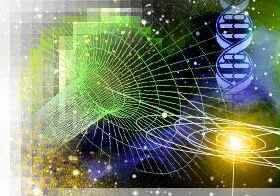Office Hours
- MF 9-10:30
- T 11-12
- and by appointment
Syllabi
Other Links
- Ryckman's Logic Works
- Philosophy of Language Links
- A Berkelean Conversation
- Postmodernist Kuhnian Page
Philosophy Blogs
- Brain Hammer
- Brain Pains
- Brains
- Certain Doubts
- Experimental Philosophy
- Fragments of Consciousnes
- Garden of the Forking Path
- Legal Theory Blog
- Lemmings
- Mixing Memory
- Neuroethics & Law Blog
- Orange Philosophy
- PEA Soup
- Philosophy Conferences
- The Brooks Blog
- The Splintered Mind
- The Web of Belief
- Thoughts, Arguments, and Rants
- Unideal Observers
This is not, and does not pretend to be, a science course. It is a philosophy course the subject matter of which is a subset of the set of issues that arise as a result of the philosophical examination of science. Science is a remarkably successful, complex, human social activity and, as such, is of considerable philosophical interest.
We consider the main issues and concepts in the philosophy of science. We start with a working definition of a scientific theory. We then investigate certain concepts involved in that definition. These concepts include the concepts of justification and explanation. In addition, we consider both the plausibility and implications of that working definition. Extending our investigation of the nature of evidence or justification, we consider the Problem of Induction. Finally, we explore issues involved in the dispute between Realism and Anti-Realism in science. Texts:
Requirements: You must make a presentation on Reading the Book of Nature, take both the mid-term and the final, and 4 out of the 5 pop-quizzes. Grade: Of the 100 points possible, 20 are from the presentation, 20 are from the quizzes, 30 are from the mid-term, and 30 are from the final. Outline:
|

